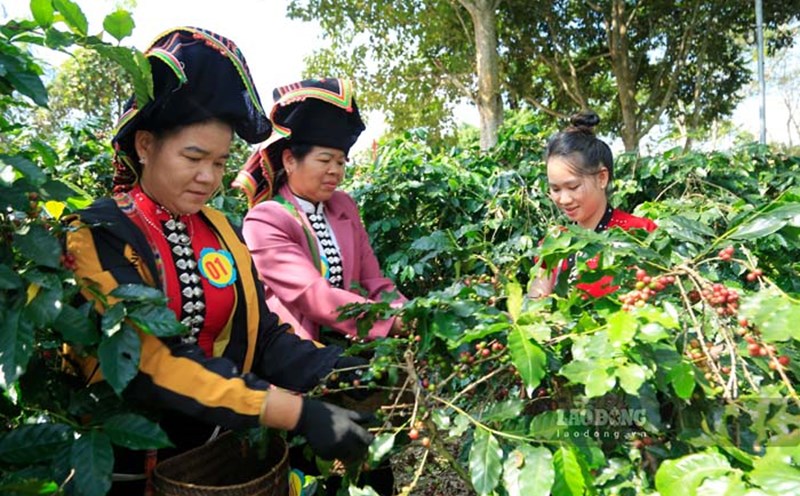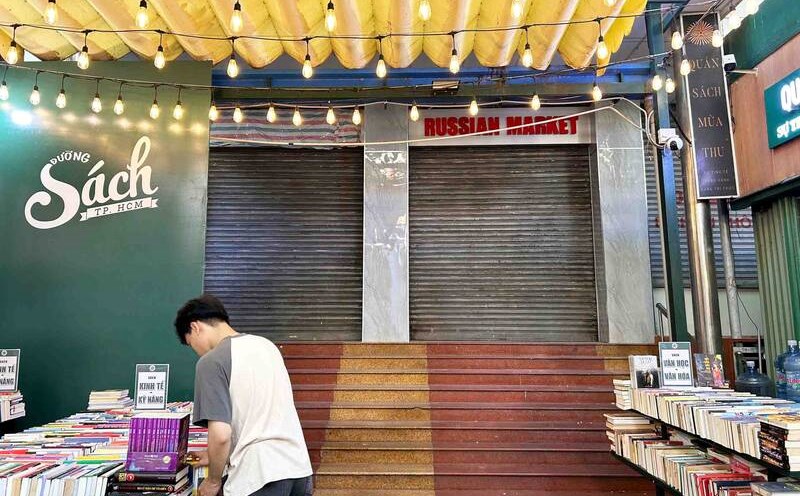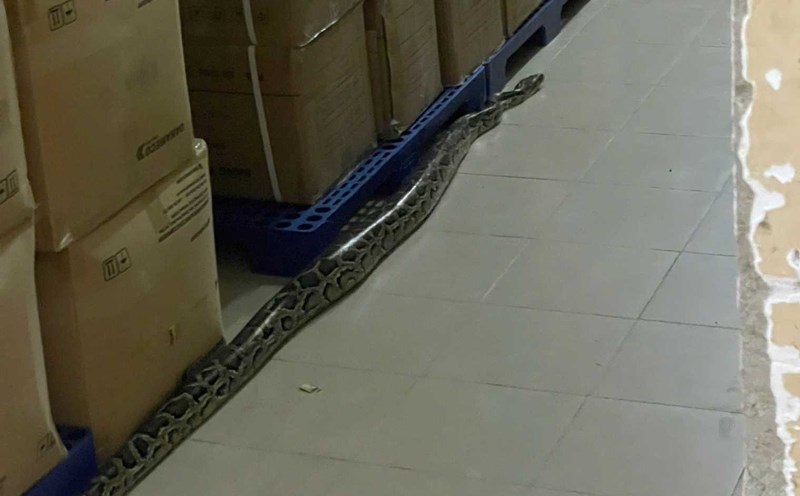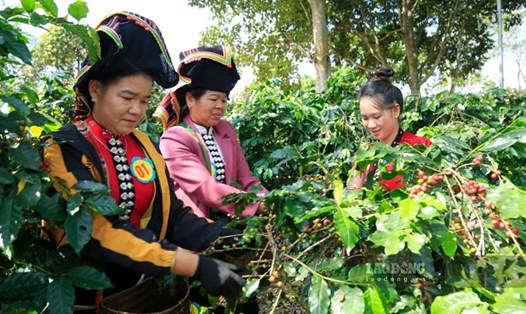Dak Lak is currently the coffee capital of Vietnam with over 210,000 hectares, accounting for nearly a third of the country's coffee area. Not only is coffee a major crop, it is also a source of livelihood for hundreds of thousands of households here.
In recent years, in addition to the goal of improving productivity, Dak Lak province is focusing on developing sustainable - environmentally friendly coffee and adapting to climate change.
In that journey, there are diligent hands and the ingenuity of the Central Highlands women.
At the talk show "Scent of Coffee - Traces of Women Farmers" held in Ea M'Droh (Dak Lak province) on the occasion of the anniversary of Vietnamese Women's Day October 20, 2025, many women boldly shared their journey to take care of their family's coffee garden.
Ms. Dinh Thi Nhu Le (Phu Xuan commune, Dak Lak province) said that she has applied sustainable coffee care and harvesting techniques. Accordingly, the garden is always pruning neatly. In particular, she only harvests when the coffee is evenly cooked, not picking green fruits.
According to Ms. Le, in the past, her family farmed according to old customs, paying little attention to techniques, fertilizers and chemicals were often used emotionally, so productivity was unstable, and the crop was lost.
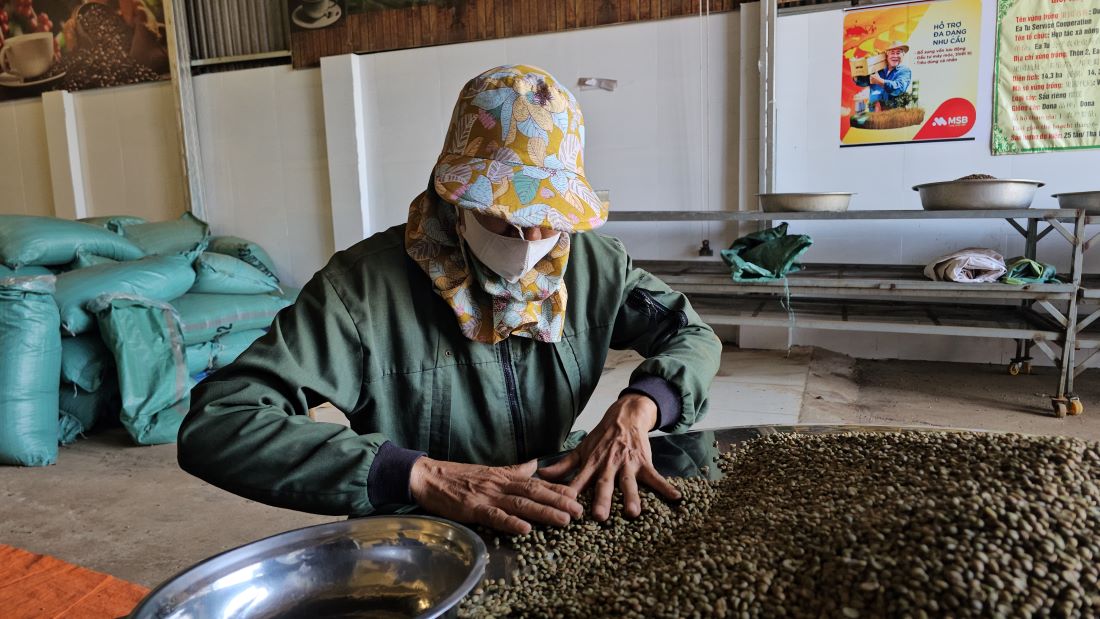
The turning point has come when Ms. Le attended a training course on complex crop health management organized by the agricultural sector in coordination with international organizations. Since then, she has boldly changed her entire approach.
Ms. Le has reduced pesticides, increased the use of organic fertilizers, taken advantage of agricultural byproducts for recycling and only harvested 100% ripe fruits.
"Since applying the new technique, I have seen stronger trees, stable productivity and a significant decrease in input costs. If women are willing to study and work, it will both increase their self-worth and help their family save significantly, Ms. Le shared.
Similarly, the family of Ms. H'Nhung Mlo in Cu M'gar commune (Dak Lak province) also applied science and technology to a coffee garden of more than 0.5 hectares.
In the garden, Ms. HNhung has invested in a small-drip irrigation system, helping to save water, reduce the use of chemical fertilizers, and contribute to protecting the soil and water resources around the garden.
She said that the initial investment cost is higher than the traditional method but in return, it is more durable. Especially with a modern farming model, coffee gardens not only provide high productivity, sustainable safety but also protect the environment. This is one of the issues she is very concerned about to protect the clean air for her children and grandchildren.
According to Ms. Dang Thi Thuy, Deputy Director of the Department of Agriculture and Environment of Dak Lak province, women account for more than 40% of the total number of farmers participating in sustainable coffee production models.
reality shows that when women are given the opportunity to learn and promote their role, agricultural production is not only more efficient but also more sustainable.
They know how to calculate costs, apply tree care techniques according to procedures, handle by-products reasonably and preserve the ecological environment - those are the vital factors of the Central Highlands coffee region.


